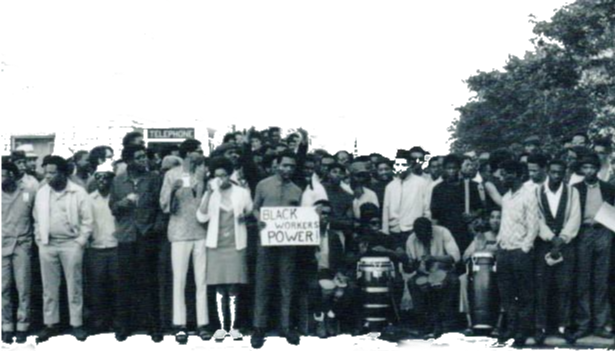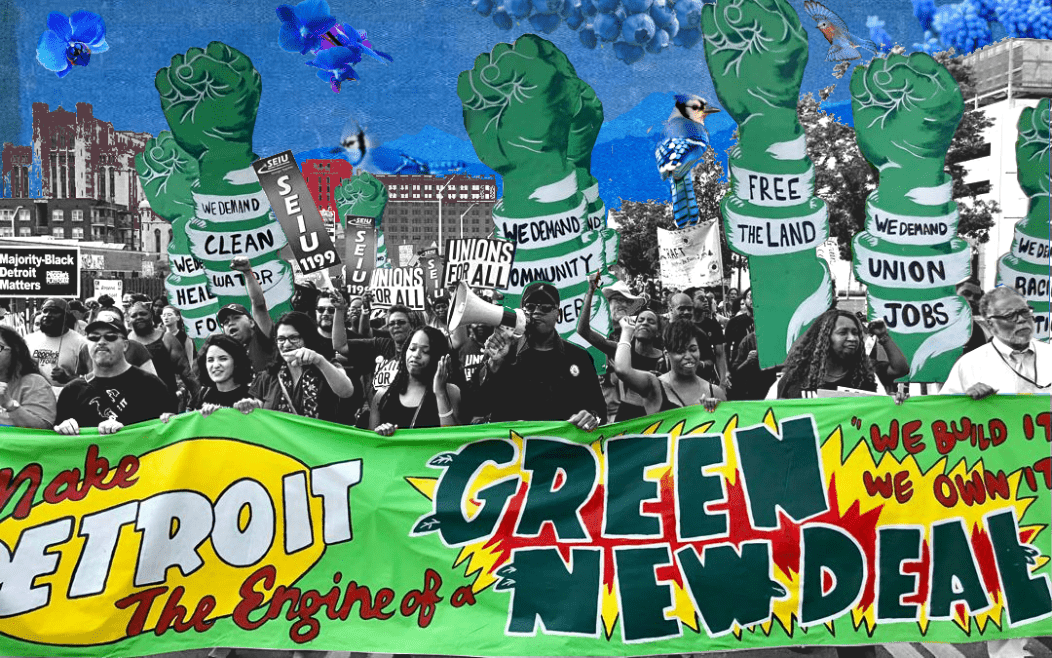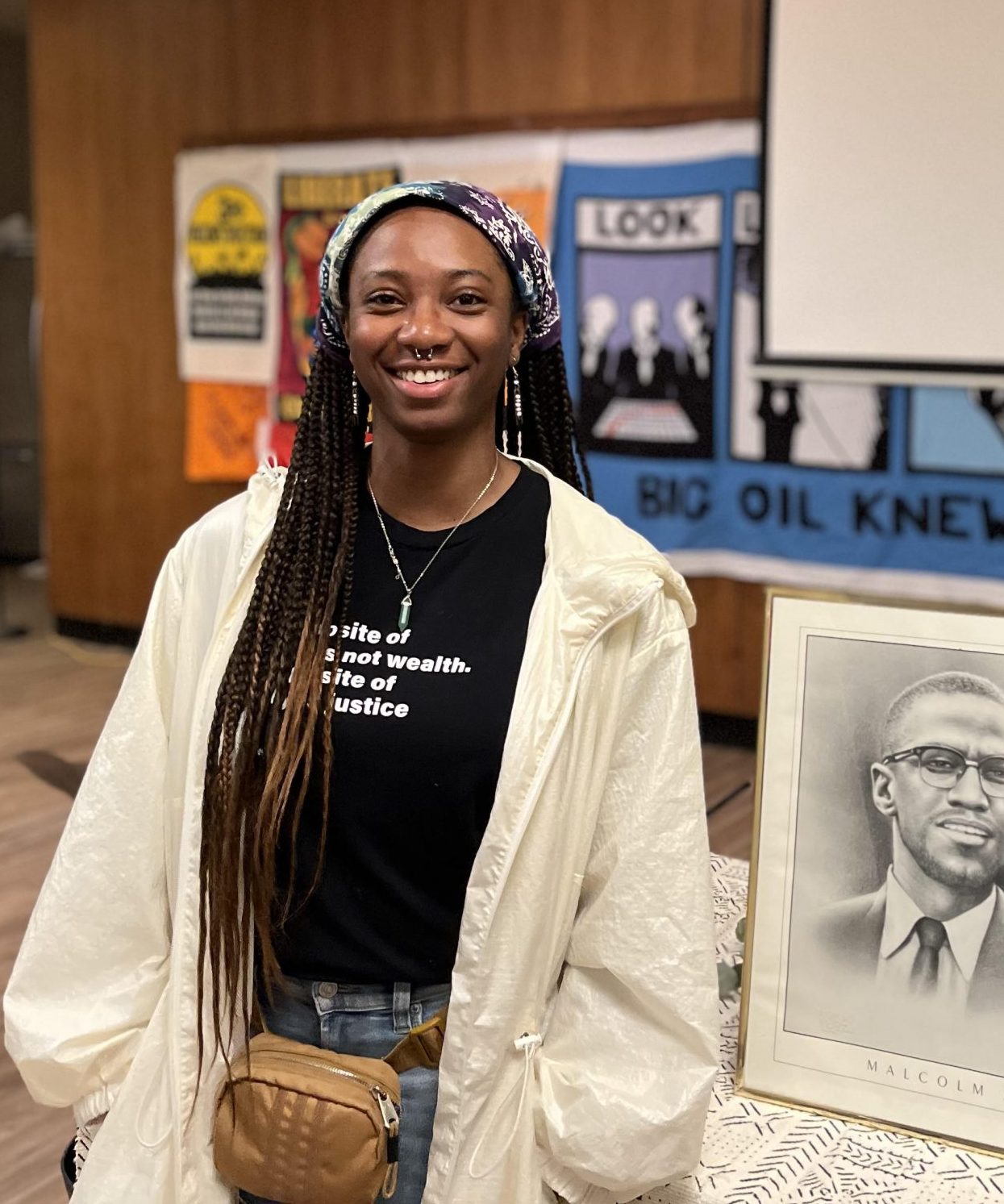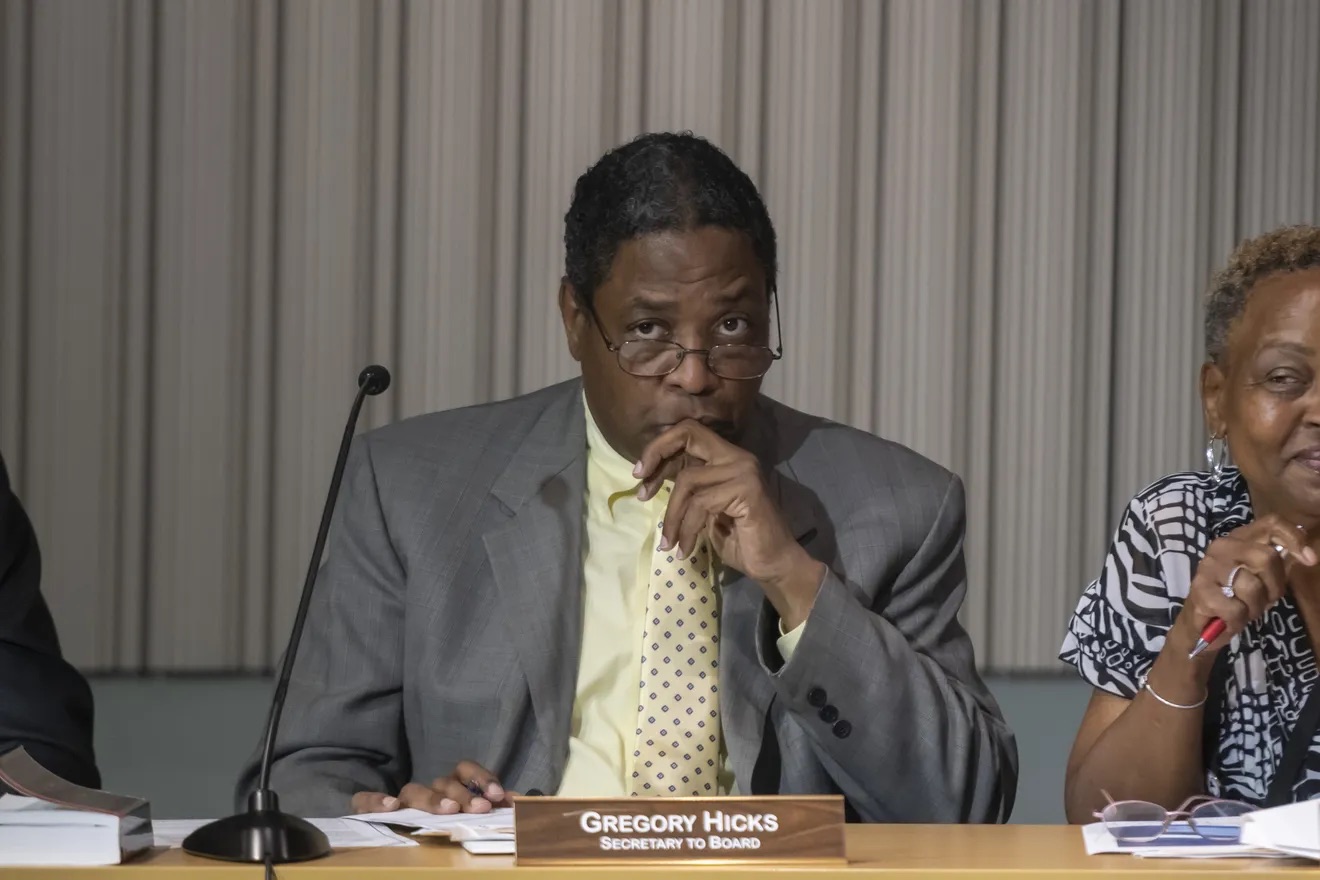East Michigan Environmental Action Council (EMEAC) extends solidarity to the striking workers of the United Auto Workers (UAW). Born out of the Environmental Justice movement, as organized at the first National People of Color Environmental Leadership Summit back in 1991 in Washington, D.C., our principles affirm “economic self-determination for all people”, equality in decision-making regarding industrial production, and the rights of workers to safe and healthy work environments. None of these ideals can be realized for or by a working class fighting from the brink of poverty, barely surviving under the weight of ever-increasing economic pressures and stressors, reporting for grueling work and leaving with measly pay, while the cost of goods keep going up. While making less and less money, against inflation and due to pay cuts, workers can not experience economic self-determination, are not empowered to participate in critical decisions made about their work-places, and will not have therefore any leverage to speak up for themselves and each other. Without fighting back, workers who exist barely above the poverty line have no choice but to tolerate indignity and unfair treatment. Decent pay for decent work lays the foundation for workers to be empowered to contribute to the transformation of our economy and our industries into more fair, more just, more environmentally whole, healthy and regenerative systems.
EMEAC and our partner organizations around the country and around the world affirm the call for a just transition from extractive and destructive economic and industrial practices. We do this knowing that just transitions begin with a coherent concept of justice, including economic justice and fairness for people in our communities. We never advance notions of expendability or indignity for either the environment or for our people.
We struggle successfully for environmental justice, only when we fight against the systems and structures that cause environmental injustice. As we look around at the world’s major polluters, we find that they are the same corporations that exploit our labor, they are militaries who destroy communities and natural resources, and they are settlers and colonizers who view land as something to squeeze dry for pleasure and profit. The same forces that are causing environmental injustice are also causing social and political injustice– our crisis is multifaceted.
So then, as we know that the same systems and the same forces who exploit the people also exploit the planet, our fate as working class and common people is directly tied to the fate of our environment. We must build a movement which addresses the common cause. To end massive pollution and environmental destruction, we must transform our economy from one which seeks endless profits into one which generates collective social power and economic freedom. We must put production under the power of everyday people and exercise the political power to distribute the wealth that our work generates justly among us. Ultimately, to restore our relationship to our environment we must build an economy that measures wealth not in excess goods but in terms of benefit to the planet and people.
We in our communities, we march along side our loved ones, our neighbors, our members, all those who work in the auto plants just as we fight along side those who live around the auto plants; we join in the attack on corporate greed demanding an economy that ultimately produces justice.
















